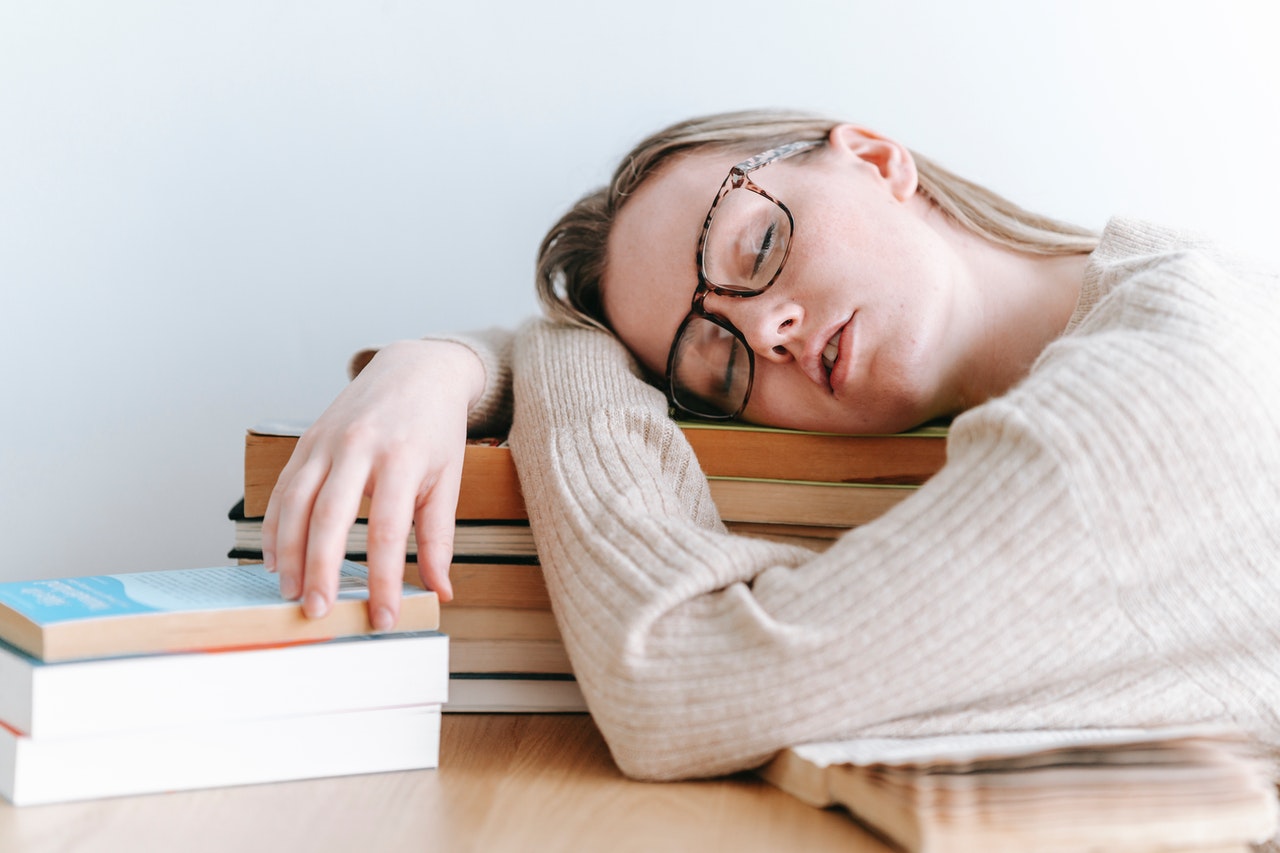Dry macular degeneration is an eye disorder that is common among people over the age of 65. The estimated number of macular degeneration cases of is expected to more than double from 2.07 million to 5.44 million in 2050.
There is no real known cause of dry macular degeneration. Researchers believe it may be induced by a combination of factors, including genetics, diet and smoking.
The disease develops as your eyes age. The macula – that part of an eye’s retina that manages the vision of your direct line of sight – can worsen over time. The tissues that form the macula grow gradually thinner and break down. This results in blurred or reduced central vision, and the so the impairment of your ability to read, drive and recognize faces.
Symptoms of dry macular degeneration include:
- Visual distortions, such as straight lines seeming bent
- Reduced central vision in one or both eyes
- The need for brighter light when reading or doing close work
- Increased difficulty adapting to low light levels, such as when entering a dimly lit restaurant
- Increased blurriness of printed words
- Decreased intensity or brightness of colors
- Difficulty recognizing faces
See your doctor if your ability to see colors and fine detail become impaired or you notice changes in your central vision. These are usually the first tip-offs that you may be suffering from dry macular degeneration, particularly if you are over the age of 50.
Note that usually one eye is affected before the other, and that “good” eye may compensate for the weak one, so you may not notice symptoms right away.
There is no cure for dry macular degeneration, there is only the prospect of slowing its progression. One way to do this is to give up smoking, as that is a known cause of the disorder. Switching to a diet high in omega-3 fatty acids and unsaturated fats will help you avoid the disease and may also retard its further advance.
Sources: The Mayo Clinic
Photo credit: pixabay




